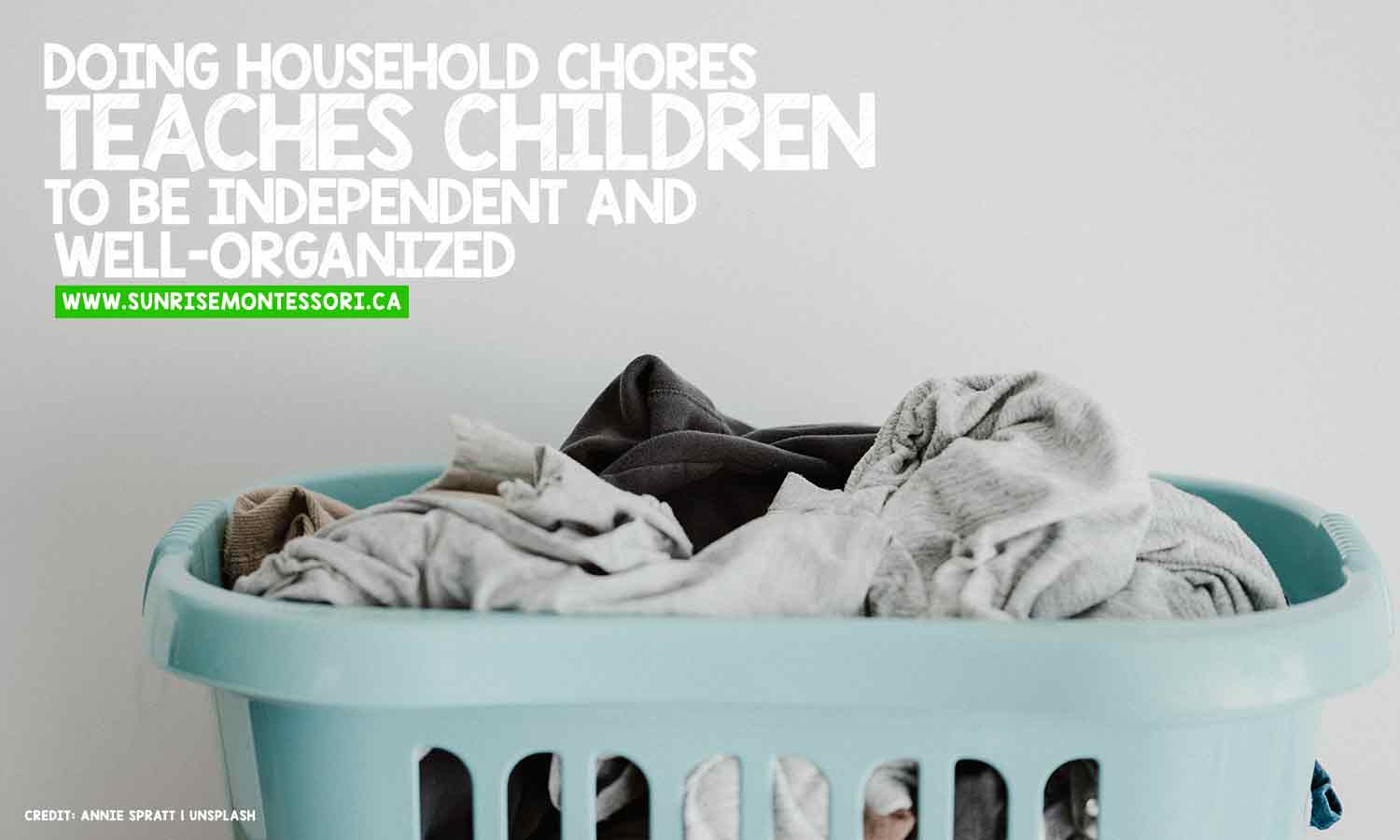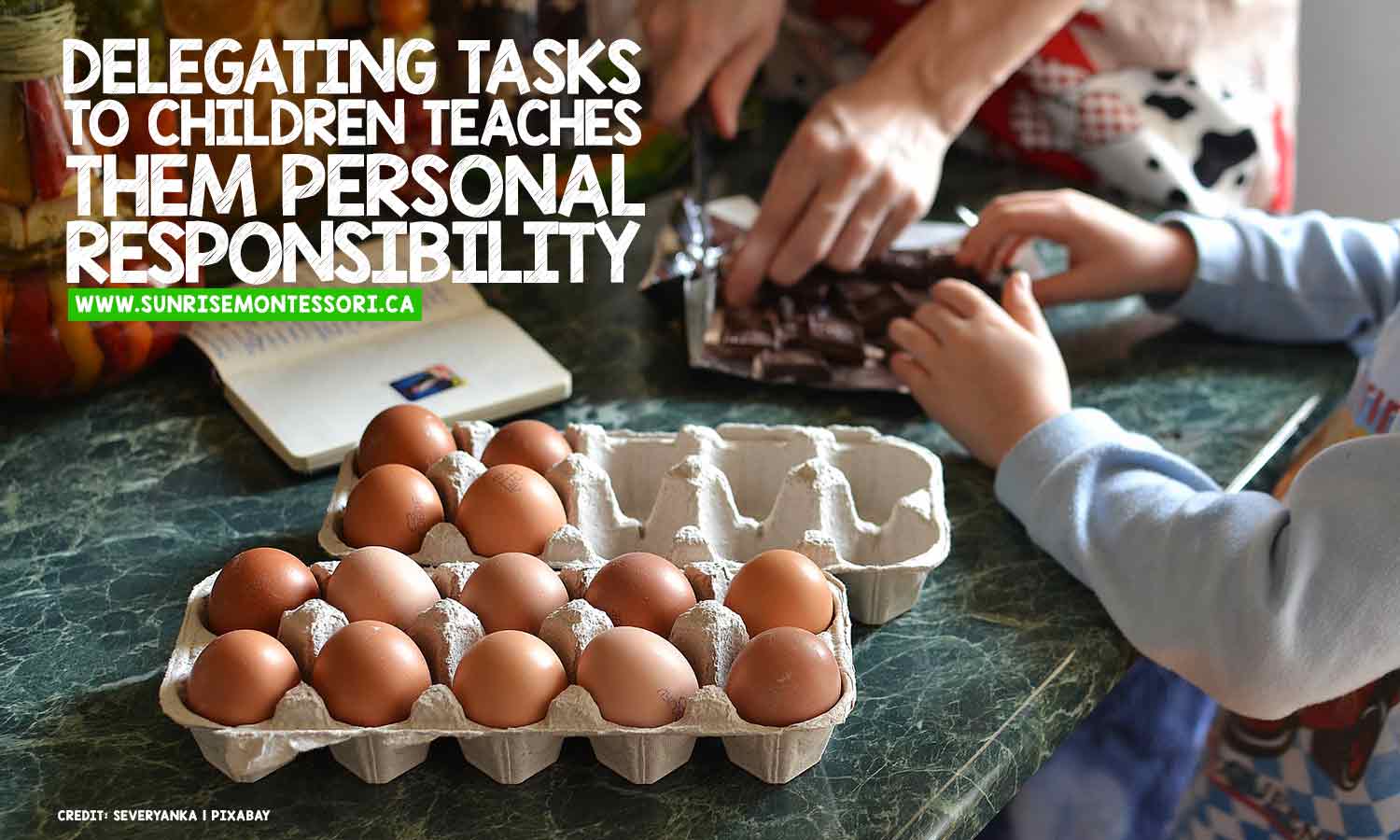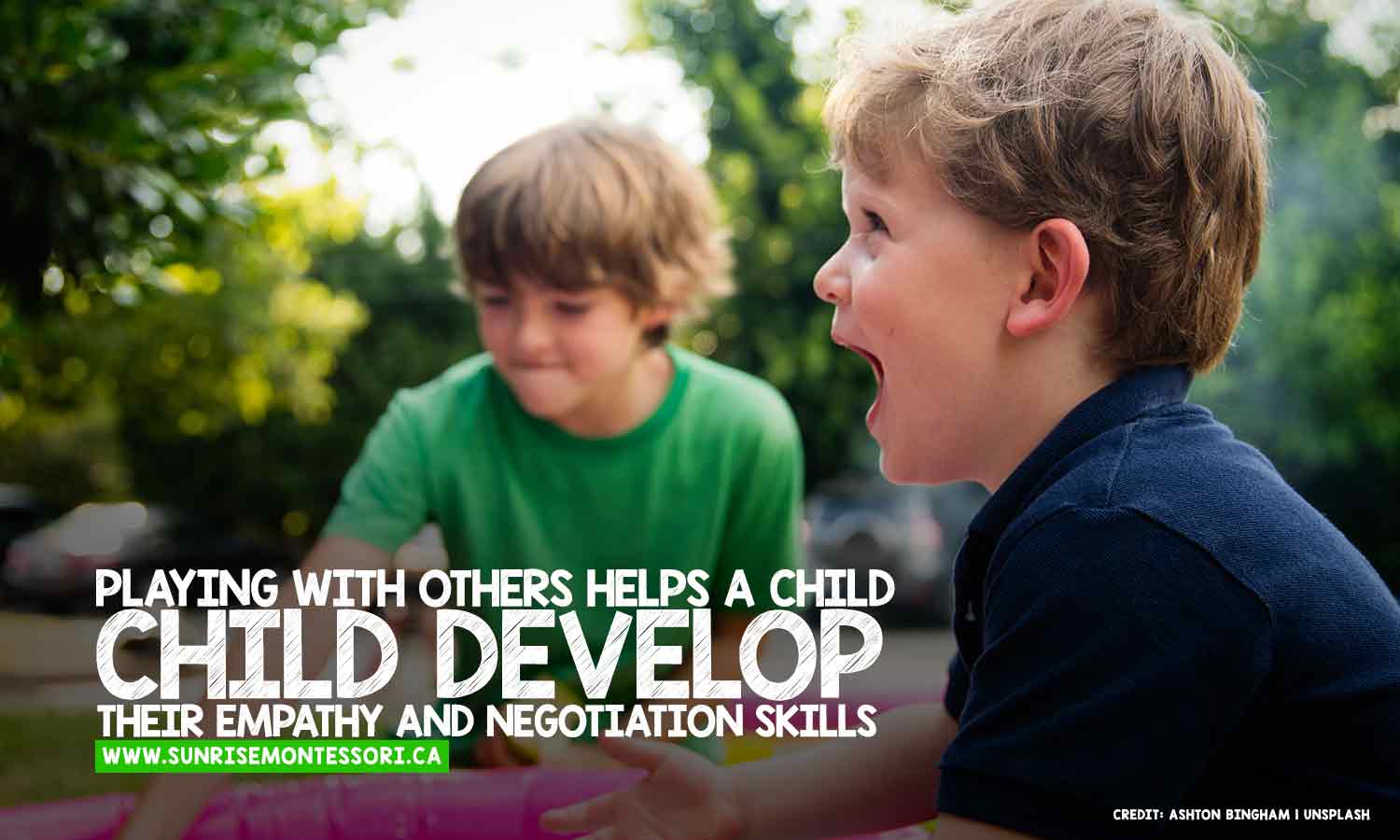In the midst of the home quarantine to prevent the spread of the coronavirus disease (COVID-19), many parents today are exploring ways to make learning inside the four corners of their home a worthwhile experience. Along with their regular lessons in school, you have the opportunity to teach your little ones a variety of skills that aren’t found in their textbooks. You can teach your child new skills that they can use in the real world as they grow up and pursue a career.
While it’s important that they have a solid foundation in science, math, reading, and writing, children also need to hone other skills that make them employable and responsible adults in the future. After all, the labour force needs people who are creative, know how to solve problems, able to work collaboratively with others, and are able to communicate and articulate themselves well.
As parents, you can take part in whetting these abilities in your kids to maximize the extra time you have during the quarantine period. Consider teaching your kids the life skills listed below:
1. Saving and Budgeting

One of the most important life skills to teach a child at a young age is saving and budgeting. There’s no better time to teach a person about the value of being financially responsible than during their childhood. You can teach your kid how to save money and effective ways to do budgeting even if they don’t have an actual bank account.
To do this, consider giving your child a fixed amount of money they’re allowed to spend per day, week, or month. Ask them to keep track of their spending habits in a notebook, listing down the amount of money they’re given and every purchase they make.
2. Basic First Aid
According to child psychiatrists, children’s brains are like sponges that are ready to absorb any information. When parents actively participate during their child’s formative years where they are exposed to various learning activities, parents can shape and enhance the information their child processes.
Grab your first aid kit and ask your child if they recognize each item inside, its purpose, and how to use it. Explain each the purpose of each item as you go.
3. Doing Laundry

Assigning kids some regular house chores like laundry is important. It teaches them a lot of lessons, including responsibility and self-reliance. Additionally, it shapes their work ethics at a very young age.
Doing chores also enhances your child’s capacity to plan and manage their time well. Scheduling schoolwork, house chores, and playtime teaches them to keep their priorities in order, which is a critical skill every working adult should possess.
4. Cooking

Nothing brings families closer than food; it’s one thing that bonds people of all ages. You can teach kids the fundamentals of cooking by allowing them to take turns in helping to prepare lunch or dinner. Cooking also encourages children to exert effort in making a tangible goal happen (in this case, helping out in preparing a meal for the family).
Break down every task in meal preparation (e.g. defrosting the meat, chopping ingredients, setting the table) and assign tasks to every child so they can learn how to take personal responsibility.
5. Playing Well With Others

Organizing playdates with other kids may not be one of the best things to do while on home quarantine, but don’t scratch it off your list. Use technology to your child’s advantage and set up virtual playdates to give them an ounce of social interaction. Alternatively, if your neighbours have kids and agree to this idea, you can let the kids stay at the edge of your properties (like behind the fence or in the driveway) and talk to (or shout at) each other. Who knows? They might get a kick out of this.
When children play with others, they don’t only have fun; they develop skills that will help them connect and communicate with people better. As they spend time with other kids, your child gets to master self-control, empathy, and diplomacy, essential values that will help them grow up to become well-balanced adults.
6. Building Their Fitness

Exercise is vital in maintaining one’s physical and mental health, even in children and teenagers. They will learn the importance of staying fit and healthy when they’re exposed to exercise at a young age. Additionally, young children will appreciate it more if they can exercise together with their parents.
Some activities you can explore are playing obstacle courses through the house, home workouts, and yoga classes on YouTube.
7. Setting up a Routine
Some children may feel anxious about what’s happening around them, and setting up a daily routine helps foster a sense of normalcy. This is also an opportunity to teach them how to form good habits and stick with them daily. Involving children and teenagers in the development of their routines empowers them as well.
As you teach these life skills to your child, remember that your home has to provide an environment that’s conducive to learning. Children need to feel supported by their parents and other family members as they discover new things around them.
Once the quarantine has been lifted and your child is ready to learn in earnest, entrust their education to a learning institute that values holistic learning and pays attention to your child’s unique ways of learning. At Sunrise Montessori School, we use the Montessori method of teaching. We honour the differences in each child and work hard to ensure they receive customized learning opportunities.
To book a tour or inquire about our school, send us a message or call us today (905) 477-2833 to learn more. We offer specialized learning programs for infants to primary-aged children.

